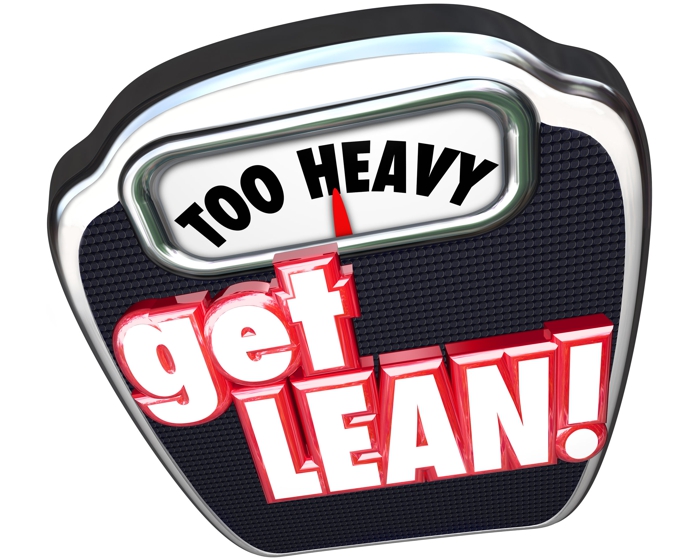Through a worldwide network of partners, professionals, researchers, collaborators and suppliers, ICT can assist the companies of high precision mechanics also for solving technical issues in their manufacturing process and to extensively implement the concepts of lean manufacturing methodology. The process operations where main contributions can be provided to the customers are wire drawing, cold pressing, heat treatment, grinding, lapping, assembly, different types of controls and process automation in general. At the same time the lean principles can be implemented with ICT team support in all high-series production companies.
Technical Consultancy
ICT professionals can provide assistance, for example, in the choice of the most performing tools (dies, abrasive wheels, measuring sensor, etc.) or in the setting of proper process parameters (for instance, the austenization temperatures in a heat treatment furnace) or in the creation of standards of flow in accordance with pull-system principles, to minimize inventories, manufacturing through-put times and lead-times to market. In this context ICT can support in the definition of main material streams, in the verification of any shared operation and in the relative calculation of loop time and loop lots as well as of intermediary minimized buffers, in the capacity balance of different operations with a clear identification of one single bottleneck. Value Stream Mapping (VSM) can also be used to eliminate or to minimize the no-adding value activities.

In terms of assembly and controls, ICT offers different automated solutions to minimize the manpower need and to maximize both speed and reliability of processes. In the bearings industry, all the operations of groove diameter measurement, pairing, caging, washing, clearance, visual, eddy current and noise controls, greasing, shielding and sealing, marking and packaging are in the area of action of ICT team.
Our professionals can audit and verify manufacturing plants for different purposes. Examples of such activities are:
- To assess the manufacturing process capabilities to produce specific products or to comply with certain tolerances;
- To verify the compliance of Quality systems to norms like ISO 9001 or ISO TS16491;
- To verify the compliance of Environmental systems to norms like 14001 or ISO 14040.
Furthermore they can support in the optimization of the final customer application through the proper choice of the bearing type / dimensions / materials / treatment. Furthermore, through partner laboratories, ICT can assist the customer in completing the failure mode analysis of bearings returned from field to understand the root causes of failure and to take the proper corrective actions.
Training courses in class as well as in the shopfloor may be organized also on specific request of the customer.
Some few definitions:
Lean Manufacturing. It is a systematic method for waste minimization within a manufacturing system, enhancing productivity. It tends to focus on the value creation for the customer, i.e. on any action or process that a customer would be willing to pay for.
Value Stream Mapping. It is a lean management method to analyze the current status of events that take a product or a service from its beginning through the customer. On the base of such analysis, the whole process is re-thought to eliminate the no added value, to streamline the flow and to focus on value creation only.
Kaizen. It is the Japanes world for “continual improvement” and it refers to activities that continuously improve all fuctions and involve all employees of the company, from the CEO to the workers. It applies to all type of processses (not only the manufacturing one) and it is often showing the highest potential in the interfunctional processes.
Kanban. It is an inventory-control system that avoids any activity of planning or scheduling by staff or workers. It is based on visual management and visual/electronic signal provided directly to the point where decision has to be taken, basically with no delay or very minimal one.
The Kaizen Culture

To attack the wastes, to simplify, to standardize, to motivate and to innovate are the main daily activities in a leading company. The kaizen, as moment of teaching and experimenting, becomes a fundamental tool for the implementation of a real continuous improvement process.
The Lean Culture

To be lean means to learn how to do the same things with less resources (people, assets, money, energy, etc.) or to do more things with the same resources. To become lean means to constantly grow the productivity (of manpower, of machinery, of cash, of energy, etc.) through a virtuous mix of know-how and motivation.
